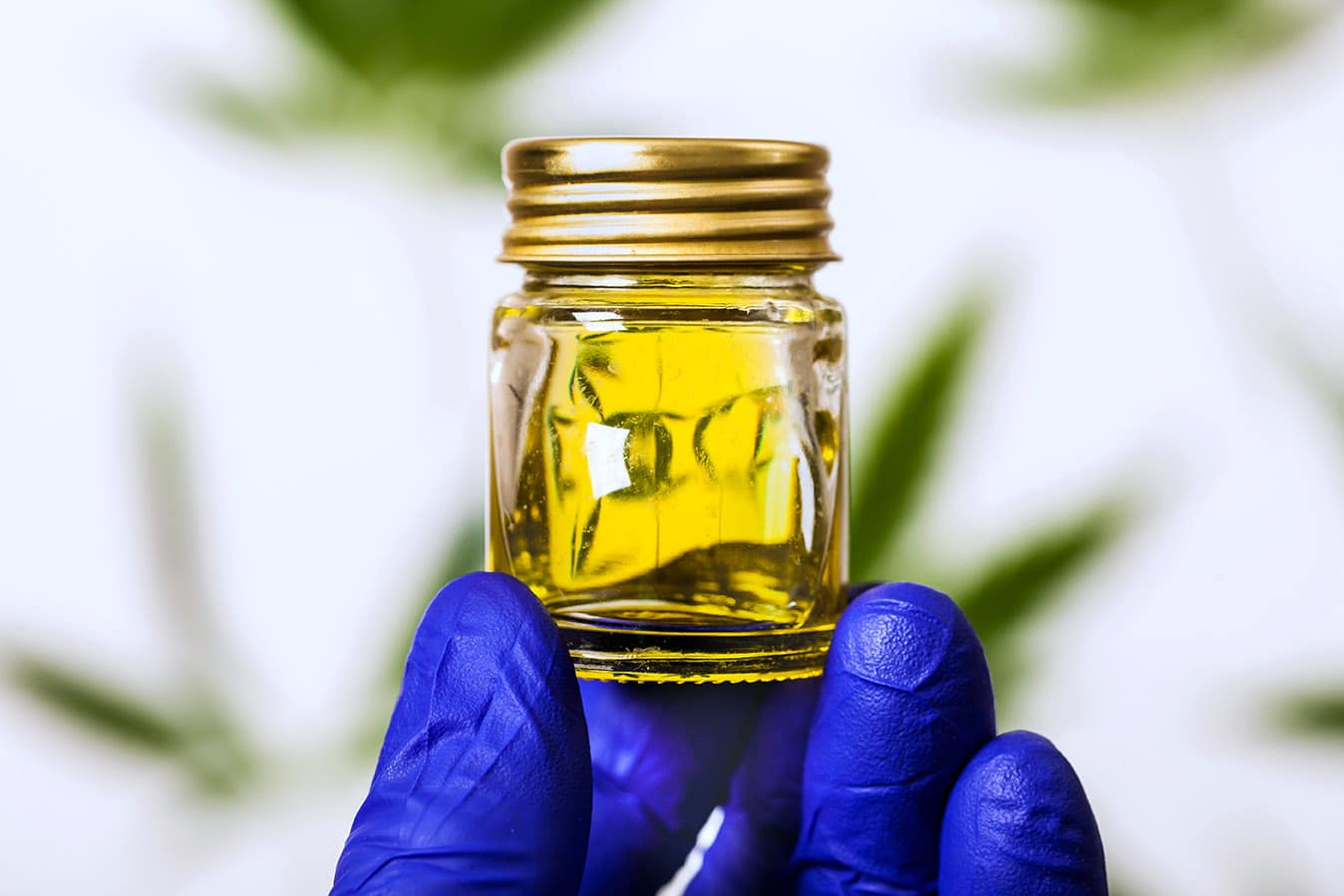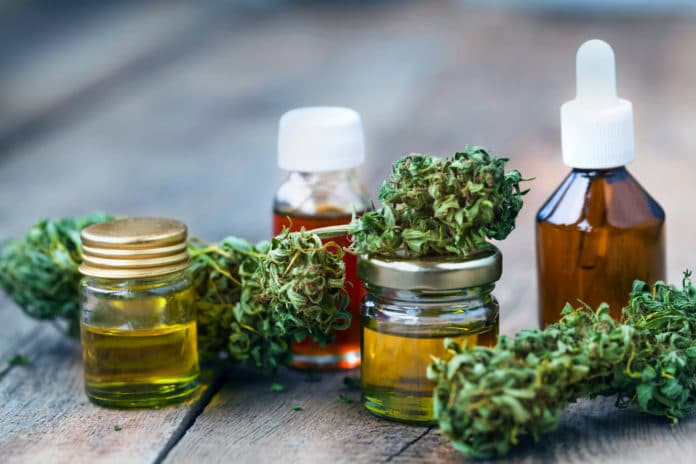You can’t miss it: CBD is everywhere – face cream, lip balm, shampoo, soap, even toothpaste – but what exactly is it? Snake oil, cure-all or somewhere in between?
The first thing you should know about CBD, short for cannabidiol, is that it is a chemical compound found in the Cannabis sativa plant. Yes, that cannabis. To be clear, there are two versions of the cannabis plant: the one that is being grown for consumption in states where it is legal (commonly referred to as cannabis or marijuana) and the one that is known as “industrial hemp” — still the cannabis plant but one with lower resin and negligible THC, that chemical compound known for getting you high.
CBD doesn’t get you high, but it does affect your brain in a more protective than mind-altering way. To dig a little deeper, both CBD and THC are cannabinoids — compounds that affect our bodies and brains in different ways. Many plants have cannabinoids or cannabinoid-like compounds that affect us, like Echinacea, pepper, cacao, and kava. Cannabis has over 100 cannabinoids, a feature that qualifies it as a superfood. You’ve got to love Mother Nature.
CBD vs THC
The CBD derived from the cannabis that adults consume in one form or another is only legal where cannabis is legal. The CBD derived from the industrial hemp plant is legal in most (but not all) states. With the passing of the 2019 Farm Bill, growing hemp and manufacturing products from it will finally be legal across the US, or at least that’s the hope.
So why should you care about CBD? Research shows that CBD can be beneficial to humans in a number of ways including reducing pain and particularly the inflammation associated with pain, reducing nausea, reducing seizures, treating anxiety, and aiding sleep – but that is if you ingest it or use a product formulated specifically to address health issues. Even the National Institute of Health publishes reports from studies exploring the effectiveness of CBD as medicine, so it isn’t a flash-in-the-pan trend.

Is it Hype?
The CBD you see in beauty products? Depending on how they are made, and the amount of CBD in them, those products could help reduce some surface inflammation and irritation on your skin or scalp. In general, CBD in mainstream beauty products may be more jumping-on-a-trend than offering legitimate health benefits. And remember: all the other ingredients in those products matter as well. If they’re bad for you, adding CBD won’t make them better.
If you’re seeking health benefits from CBD products, look for ones containing full-spectrum or whole-plant extracts. Topicals should have at least 100mg or more of CBD so you’re getting effective medicine with each application. Anything less can’t hurt you (anything higher can’t either, by the way), but very small amounts applied to your skin probably won’t do much for you either.
Next time, we’ll explore the new world of luxury cannabis and CBD products.
Aliza’s new book is Cannabis and CBD for Health and Wellness: An Essential Guide for Using Nature’s Medicine to Relieve Stress, Anxiety, Chronic Pain, Inflammation, and More (June 4, 2019; Ten Speed)



If you’re thinking if you should buy medical cbd oil or not, this should be your sign. It has many known benefits for the health, and is a great alternative medicine for many known conditions including anxiety, depression, nausea and physical pain. It can also lessen the frequency of seizures in epileptic children. It’s perfectly safe to use however, it’s important to note that you must consult your doctor before using CBD oil.